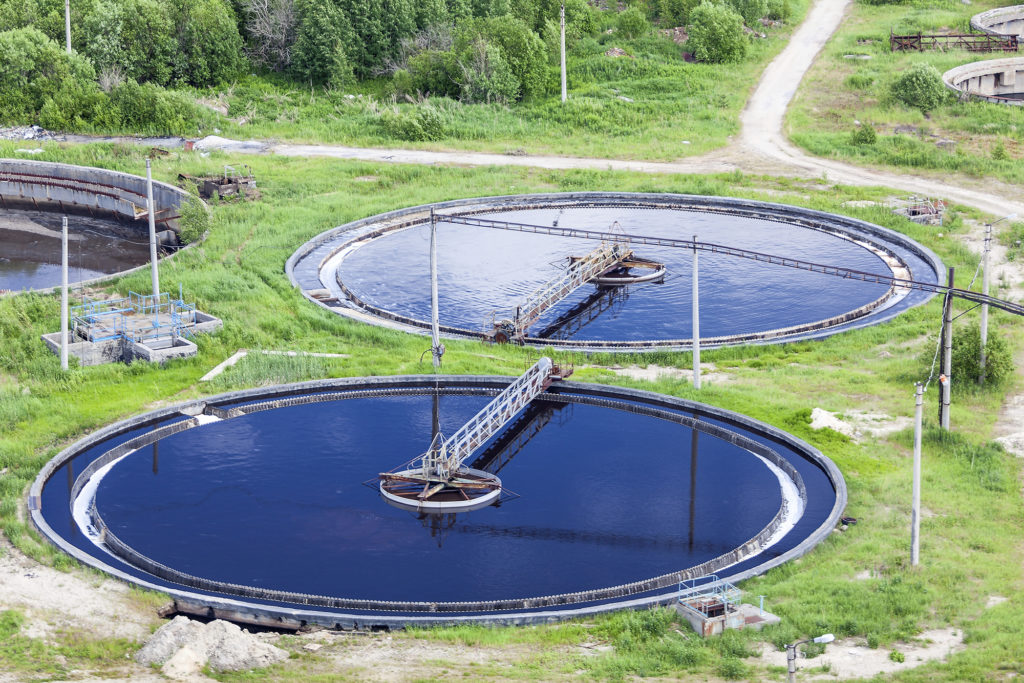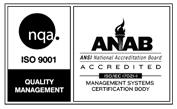Air-operated diaphragm pumps are versatile pumps commonly used in water treatment applications due to their ability to handle a wide range of fluids, including corrosive and abrasive liquids. These pumps operate by using compressed air to flex a diaphragm, creating suction and discharge pressures to move fluids. In water treatment, they are utilized for transferring water between different treatment stages, such as from sedimentation tanks to filtration units. They are also integral in chemical treatment processes, where the dosing of chemicals is required, as diaphragm pumps offer reliable and consistent flow rates.
Applications in Water Treatment Industry
The water treatment industry encompasses a wide range of applications aimed at treating water for various purposes, from industrial processes to municipal supply. Here are some key applications within the water treatment industry:
Municipal Water Supply: Municipalities treat raw water from natural sources such as rivers, lakes, and groundwater to produce potable water for public consumption. Treatment processes include sedimentation, filtration, disinfection (often using chlorine or UV light), and sometimes advanced treatments like membrane filtration or reverse osmosis to ensure water quality meets regulatory standards.
Industrial Water Treatment: Industries use water for numerous purposes, including manufacturing, cooling, cleaning, and processing. Water treatment in industrial settings involves removing impurities, controlling pH levels, and treating wastewater generated from production processes to meet discharge regulations or to be recycled within the facility. Various industries such as chemical manufacturing, food and beverage, pharmaceuticals, and power generation require specialized water treatment solutions tailored to their specific needs.
Wastewater Treatment: Wastewater treatment involves the removal of contaminants and pollutants from used water before it is discharged back into the environment or reused. This includes both municipal wastewater from households and commercial establishments and industrial wastewater from manufacturing processes. Treatment methods may include physical, chemical, and biological processes to remove suspended solids, organic matter, nutrients, and pathogens.
Desalination: Desalination is the process of removing salt and other minerals from seawater or brackish water to produce freshwater suitable for drinking, irrigation, or industrial use. Desalination technologies include reverse osmosis, thermal distillation, and electrodialysis. Desalination is particularly important in regions facing water scarcity or where freshwater sources are limited.
Cooling Tower Water Treatment: Cooling towers are used in industrial facilities for heat dissipation in processes such as power generation, manufacturing, and HVAC systems. Water circulating through cooling towers can accumulate scale, corrosion, and microbiological growth, which can affect heat transfer efficiency and equipment performance. Water treatment programs for cooling towers involve chemical treatment, filtration, and monitoring to prevent scale formation, corrosion, and microbial contamination.
Boiler Water Treatment: Boiler water treatment is essential for maintaining the efficiency and longevity of boiler systems used in industrial and commercial facilities for steam generation and heating. Water treatment programs for boilers aim to prevent scale formation, corrosion, and fouling in the boiler and associated piping systems. Treatment methods may include chemical additives, deaeration, and blowdown control to maintain water quality and minimize downtime.
Aquaculture and Fisheries: Water treatment is crucial in aquaculture and fisheries for maintaining optimal water quality for fish and other aquatic organisms. Treatment may involve filtration, aeration, oxygenation, and biological treatment to remove waste products, control ammonia levels, and prevent diseases. Water treatment ensures a healthy environment for aquaculture production and sustainable fisheries management.
Utilization in Water Treatment
The utilization of various technologies and processes in water treatment is essential for ensuring the safety, quality, and sustainability of water resources. Here’s how it utilizes in water treatment:
Wastewater Skid Systems
Wastewater skid systems are pre-assembled units designed for the treatment of wastewater in various industrial and municipal applications. These skid-mounted systems typically include a combination of treatment components such as screens, separators, clarifiers, filters, and chemical dosing units. They are compact, modular, and easily transportable, allowing for quick installation and efficient treatment of wastewater streams.
Potable Water Systems
Potable water systems are designed to treat raw water from natural sources (e.g., rivers, lakes, groundwater) to make it safe for human consumption. These systems typically include processes such as coagulation, flocculation, sedimentation, filtration, and disinfection to remove contaminants and pathogens. Potable water treatment ensures that water meets regulatory standards for drinking water quality.
Water Treatment Chemical Supply
Water treatment chemicals play a crucial role in various stages of water treatment processes. These chemicals include coagulants, flocculants, disinfectants, pH adjusters, and corrosion inhibitors, among others. They are supplied and dosed into the water to facilitate the removal of impurities, improve water quality, and ensure the effectiveness of treatment processes.
Waste Collection & Disposal
Waste collection and disposal involve the removal and proper management of waste generated during water treatment processes. This includes solid waste such as sludge, debris, and filter media, as well as liquid waste such as excess chemicals and wastewater residuals. Proper disposal methods are essential to prevent environmental contamination and comply with regulatory requirements.
Sewage Treatment
Sewage treatment involves the process of treating wastewater from households, industries, and commercial establishments to remove contaminants before discharging it back into the environment or recycling it for beneficial use. Sewage treatment plants utilize various treatment stages such as preliminary screening, primary sedimentation, biological treatment (e.g., activated sludge process), and tertiary treatment (e.g., filtration, disinfection) to reduce the organic and inorganic content of sewage and protect public health and the environment.
AODD pumps stand as the go-to solution for water treatment, offering a perfect blend of efficiency, safety, and versatility. Discover the unmatched capabilities of AODD pumps in water treatment. Contact us today to explore tailored solutions for your specific industry needs.



Get Social